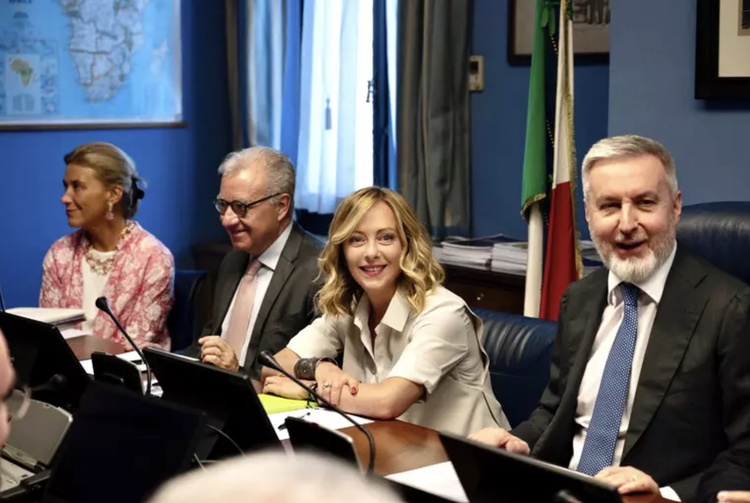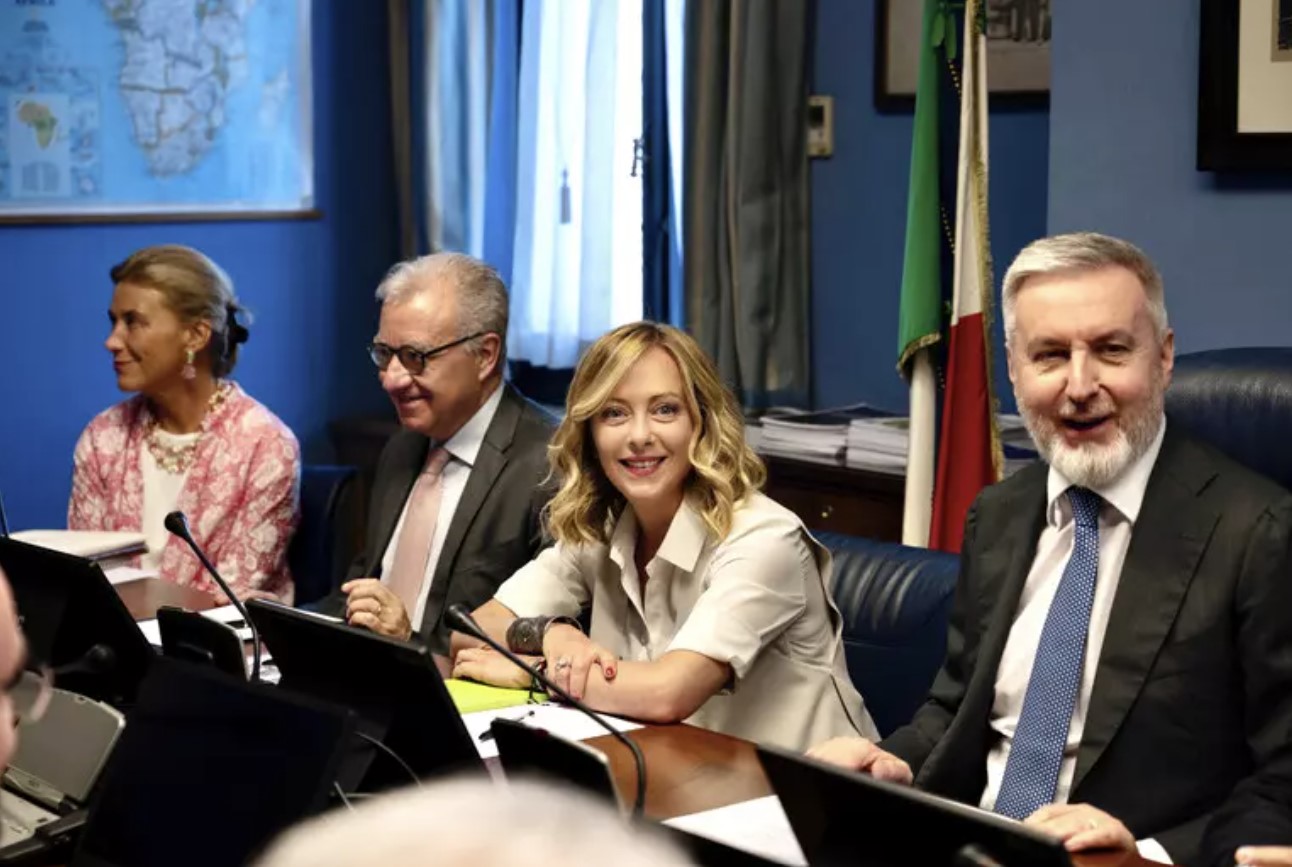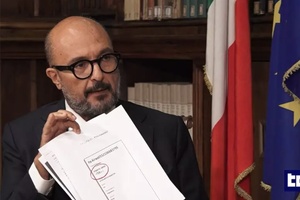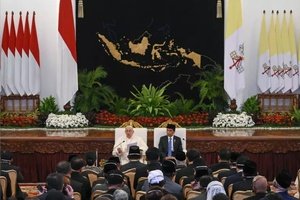It pointed out that, in the case of a government crisis, “with this reform, it would no longer be possible for the President of the Republic to find an alternative majority and/or to appoint a person outside Parliament as Prime Minister.
“Some stakeholders expressed concerns at the proposed changes to the current system of institutional checks-and-balances, as well as doubts that as to whether it would bring more stability,” it added.
Under the current system in Italy, parties engage in government-formation talks after a general election.
The coalition that forms a ruling majority in parliament agrees on a figure to propose to the President of the Republic to become PM.
That figure is not necessarily one of the politicians given by the parties as their prime ministerial candidate during the election campaign.
Critics of the reform say it will benefit populist demagogues.
Meloni says letting Italians choose their prime ministers directly will lead to stronger and more stable governments in a country which has long been dogged by unstable revolving door administrations.
She has described the plan as the “mother of all reforms”.
ANSA











